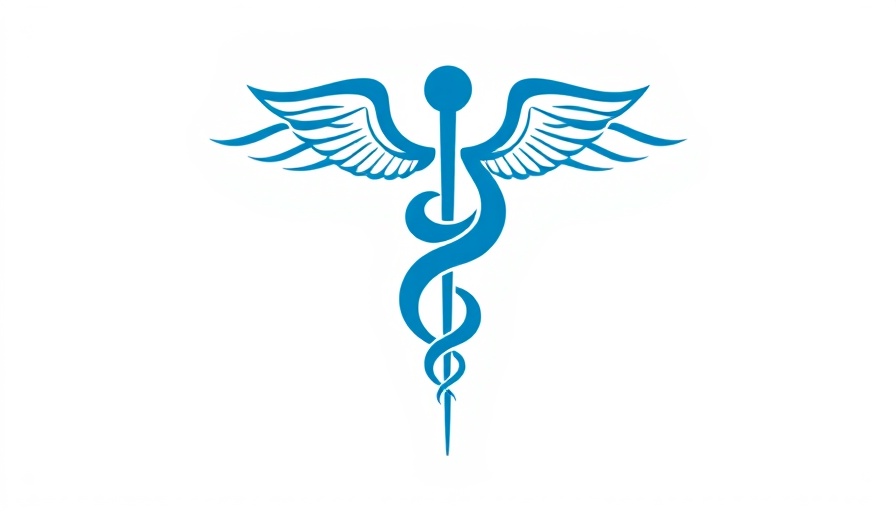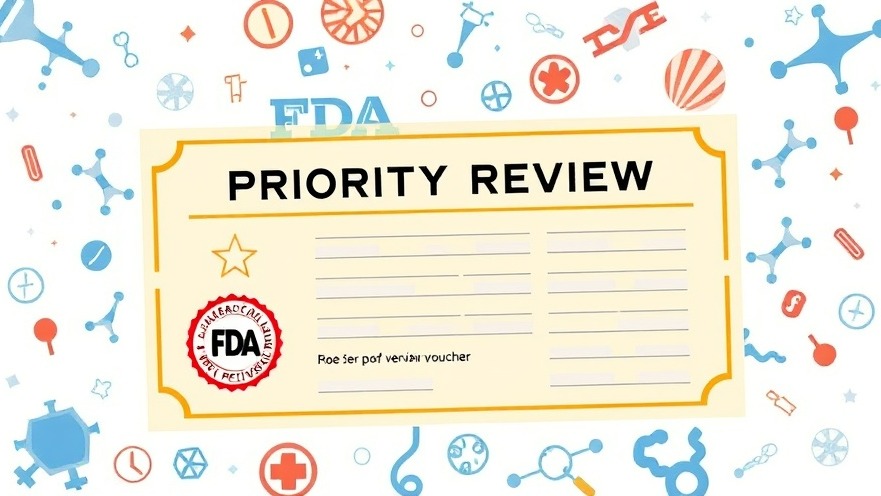
An Insight into the Orphan Drug Evolution and Its Impact on Rare Disease Treatment
The journey of orphan drugs over the past four decades provides a fascinating look at the strides made in rare disease treatment. Stemming from the pivotal Orphan Drug Act of 1983, this evolution underscores a targeted approach to tackling rare diseases, supported by a detailed study from Fermaglich and Miller (2023). Among the staggering 6,340 orphan drug designations, 882 led to FDA approvals benefiting 392 rare diseases. A notable concentration of these advancements is in oncology: rare cancers occupy seven out of the top ten slots for designated and approved diseases.
Unpacking Orphan Drug Designations by Disease Area
Understanding these designations requires an appreciation of how industry priorities shape drug development. Oncology dominates the scene, reflecting 38% of both designations and approvals. It’s followed by neurology (14% designations, 10% approvals) and infectious diseases (7% designations, 10% approvals). With other significant contributions from metabolic (6% designations, 7% approvals) and hematologic disorders (5% designations, 8% approvals), the focus of orphan drug research remains firmly rooted in addressing unique and specific health challenges.
Historical Context and Background: The Orphan Drug Act's Influence
The Orphan Drug Act marked a turning point in pharmaceutical regulation, enacted at a time when few financial incentives existed for the creation of drugs targeting rare conditions. This legislation tailored its incentives specifically to spur development where traditional market forces failed, leading to remarkable growth in orphan drug research. By granting market exclusivity and other regulatory advantages, the Act catalyzed the birth of previously unapproached treatment avenues.
Future Predictions and Trends in Orphan Drug Development
Looking to the future, the orphan drug sector is poised to expand continually, driven by advances in precision medicine and genomic research. With biotechnological innovations and the enduring allure of incentivized development under the Orphan Drug Act, we can anticipate an increase in targeted therapies. This ushering in enhanced treatment options ensures that concierge medical practices remain well-equipped to offer cutting-edge care, securing their market position by staying ahead of these emerging trends.
Relevance to Current Events: The Urgency of Rare Disease Solutions
In light of current discussions around access to critical healthcare treatments, the evolution of orphan drugs speaks directly to ongoing debates. With the global COVID-19 pandemic shining a spotlight on healthcare disparities, there's an urgent push to prioritize all medical needs, including rare conditions. This positions concierge medical practices uniquely to tap into these evolving treatment landscapes, aligned with public health imperatives.
 Add Row
Add Row  Add
Add 






Write A Comment